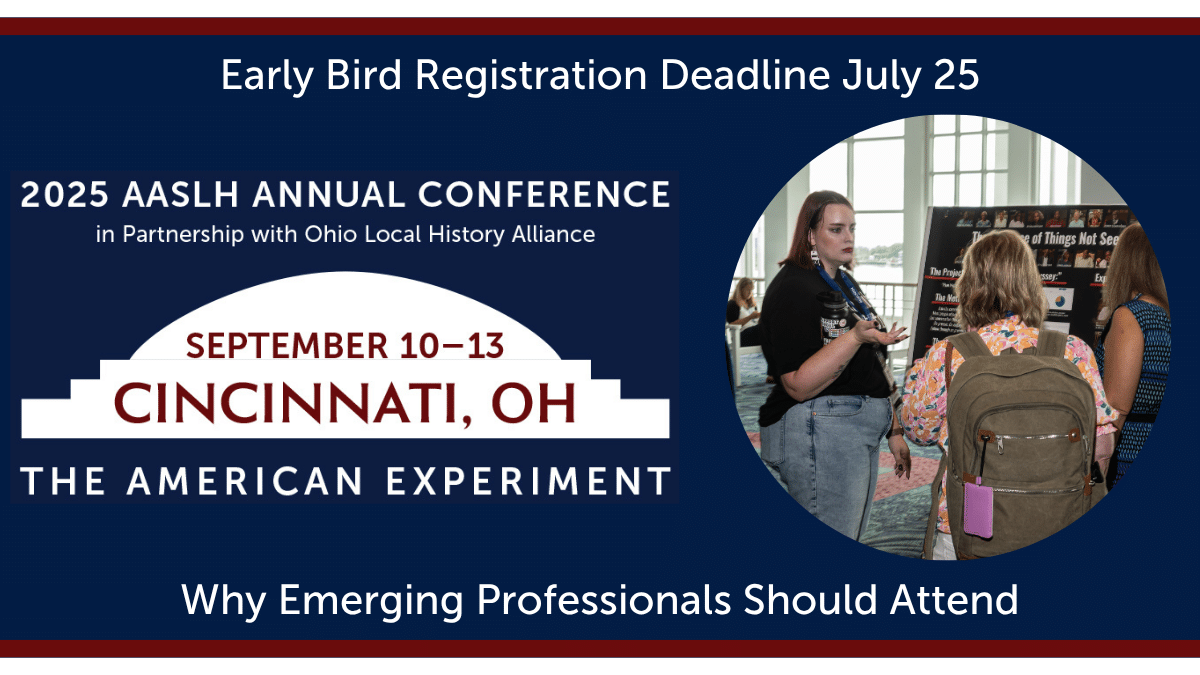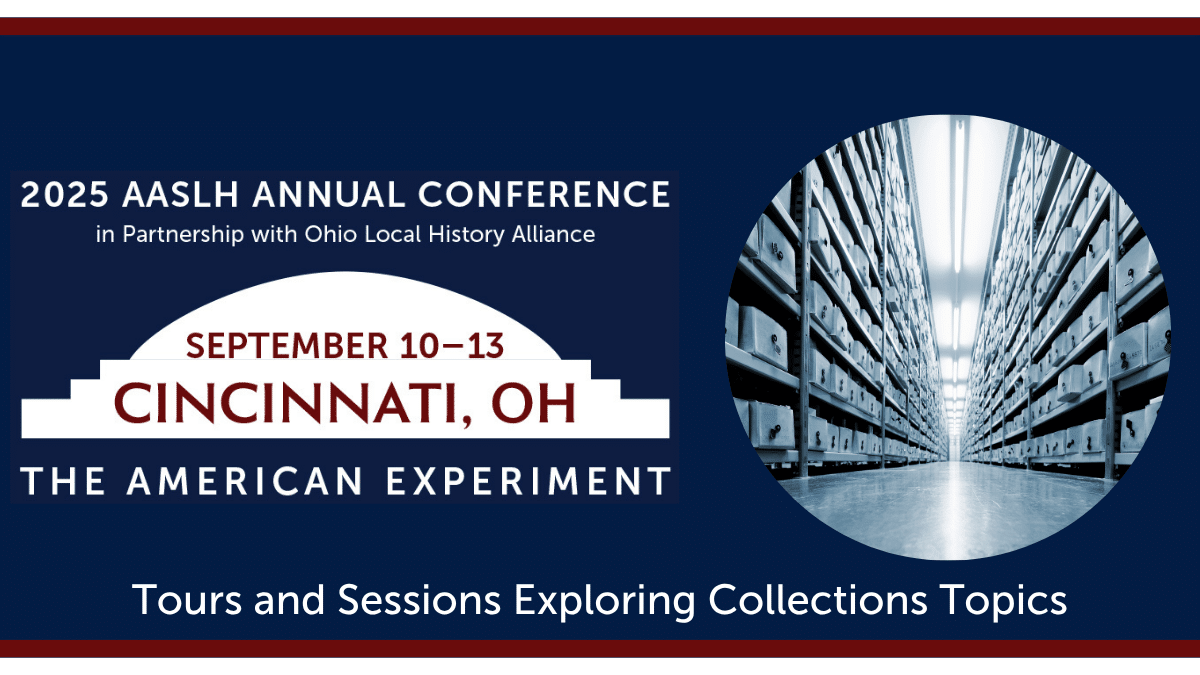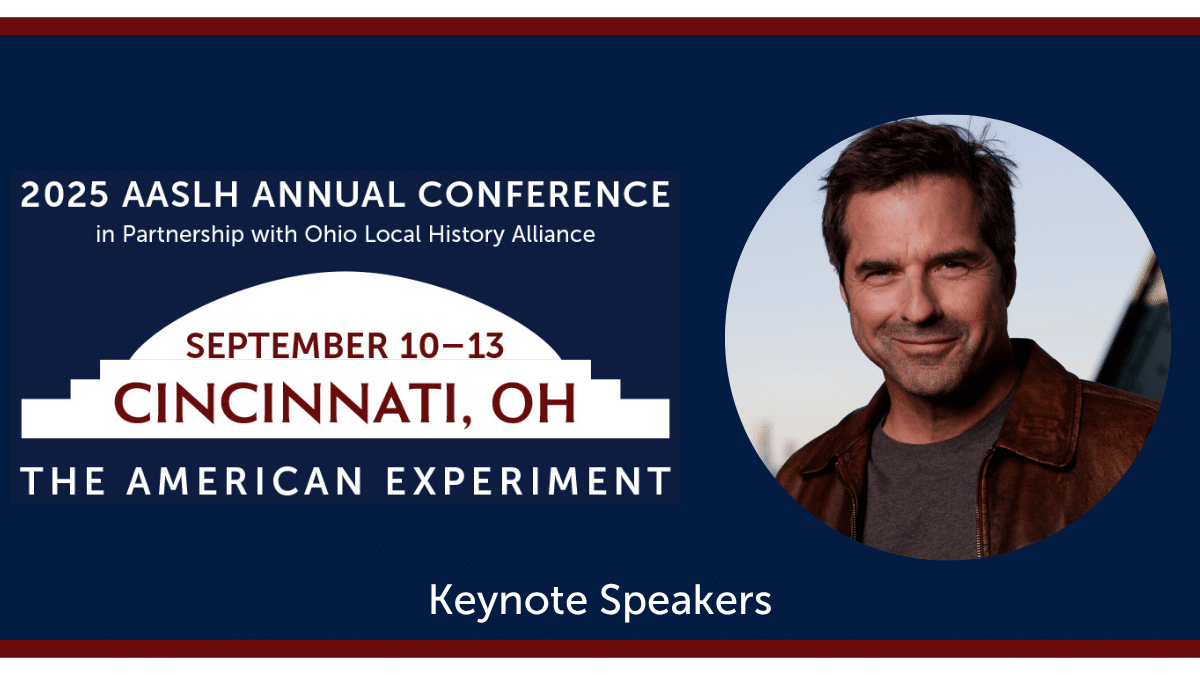
Visitors at the Mississippi Civil Rights Museum confront the choices made by local activists to challenge Jim Crow in Mississippi. Photo courtesy of the Mississippi Department of Archives and History.
By Avi Decter, History Now
Earlier this year, I had the privilege of visiting the Mississippi Civil Rights Museum in Jackson, Mississippi. The MCRM is an exemplar of how direct and clear a history museum can be about its message: the museum shows that the civil rights movement in Mississippi was a home-grown affair, with local people at the grassroots level taking on key leadership roles. In doing so, the museum makes a powerful argument that ordinary people–people just like us–have agency, and when they mobilize their energies they can change social beliefs, institutions, rituals, and daily life. The message of agency could not be more timely, and I, for one, think that the message of agency is our most important theme.
My visit to the MCRM prompted me to reflect on whether agency is really the the most important message our history organizations can deliver. I turned, therefore, to friends and colleagues to solicit their views on what messages are (or should be) most meaningful to us, to our institutions, and to our constituents. Though each respondent used somewhat different terminology or proposed a different slant, it seems to me that their comments tended to coalesce around the critical issue of agency.
Briann Greenfield, Executive Director of the Harriet Beecher Stowe Center, argued that “History is an important tool for us to build a better world. History makes us see our own time with fresh eyes, to question what we take for granted, recognize the possibilities in paths not taken, deepen our thinking, and ignite our curiosity. Fundamentally, history teaches us that the world we live in is not natural or inevitable, but the result of human choices. And that is empowering—for it means the world of tomorrow is built from the fabric of our choices today.”
Dr. Sharon Ann Holt, professor at Penn State Abington, also emphasized the role of agency in history, both in the past and the present: “Knowledge of how human actions carried us from where we were to where we are as a society is essential to inspire imagination about getting us from where we are to where we want to be… Exploring history in museums and with artifacts that show incremental change and individual action gets that idea across.”

At the Lower East Side Tenement Museum, visitors learn about the difficult choices immigrants made in leaving their homelands and adapting to a new culture and society. Photo courtesy of the Lower East Side Tenement Museum.
“Empathy and tolerance are definitely among the challenges and opportunities engagement with history offers,” says Ken Yellis of Rhode Island’s Newport World Heritage Commission. “By encouraging empathy and tolerance we may or may not be making the world better but we are almost certainly making ourselves better in ways too numerous to list.“
Steve Lubar, professor at Brown University, then put agency and empathy together: “My main goal might be that people know that the world is the way it is not because it has to be this way, but because people made choices that pushed it in this direction. That suggests that our choices matter (agency) and might also give us some connection with those people of the past (empathy). It opens up the “how did it get to be this way?” question that helps us understand history, and the “how might things be otherwise?” and “what choices are we making now?” questions that offer us perspective on our world today.”
We need to focus on human agency whether our goal is to promote civic engagement among our visitors, to encourage them to be more tolerant, empathetic people, or simply to be more aware of how important the choices we ordinary people make really are. Sometimes visitors‘ meaning-making aligns with our intentions as the designers of the visitor experience, sometimes not. But even if our constituents choose to draw very different conclusions from their encounters with our organizations, as public history professionals we bear the responsibility to be clear about the meanings we hope and intend to convey.



